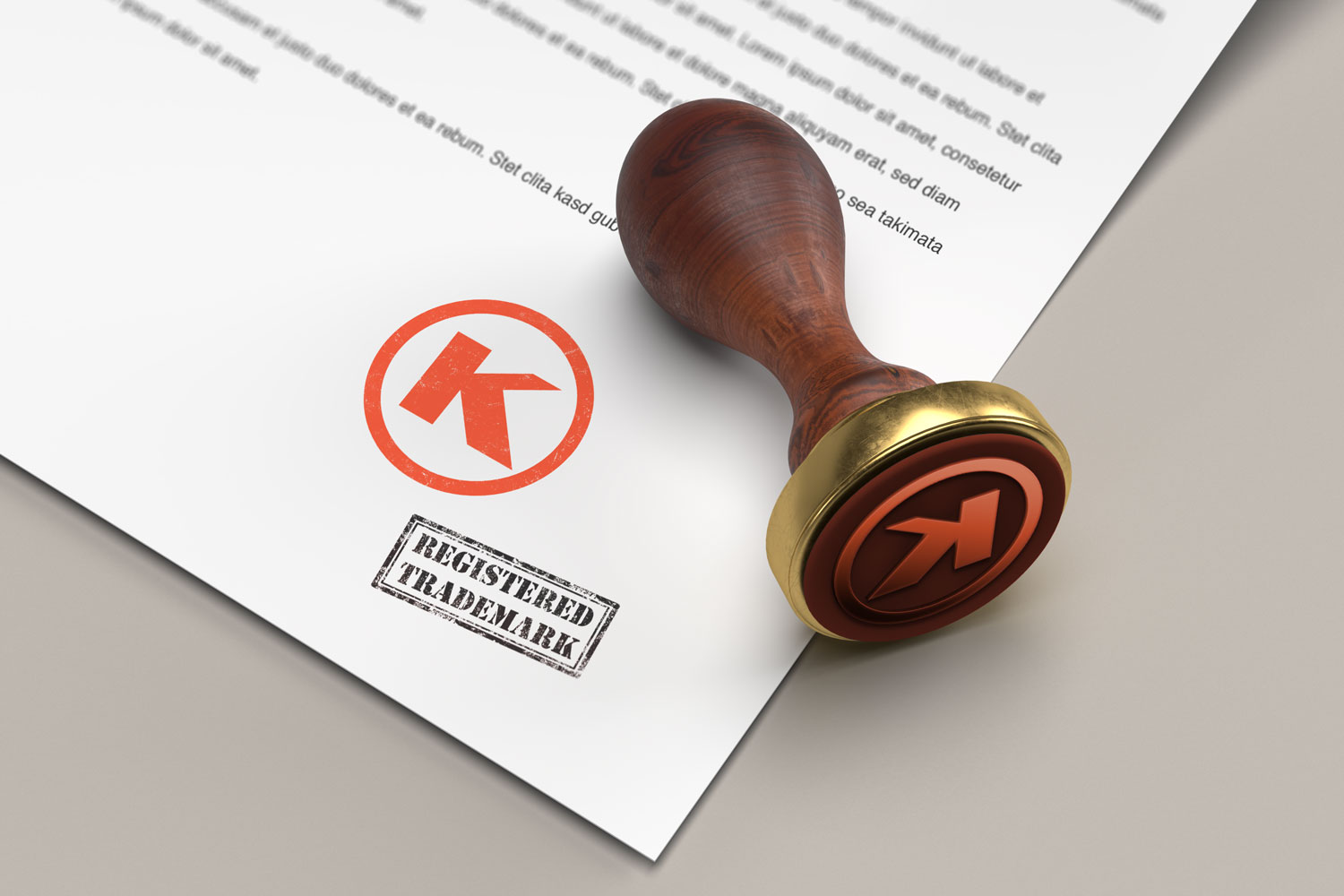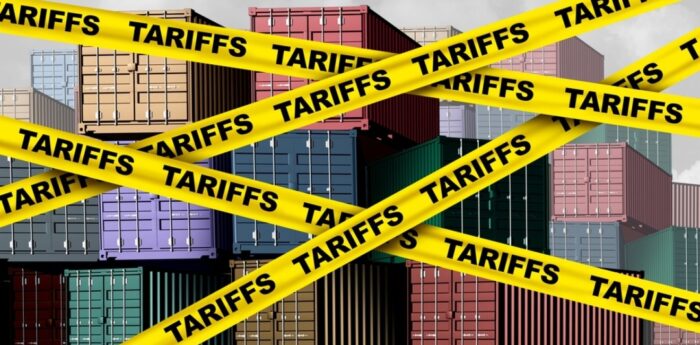
Part 2 of 2: Avoid These 9 Trademark Infringements with Kosher Certification
A couple of weeks ago we told you about two thirds of the most important misuse scenarios using the OK Kosher Symbol. Those are specific to when your company isn’t certified. And since the OK Kosher symbol – the K in a circle – is a registered Certification Mark licensed exclusively by OK Kosher Certification ((USPTO Registration Nos. 2,094,030 and 795,748), it’s crucial, need-to-know information.
In this second chunk of our two-part series, we’ll discuss a three more kosher symbol misuse scenarios. This time, for companies who are OK Kosher Certified.
Missed the last post on Trademark Infringement for companies who aren’t OK Kosher certified? Read that here first.
This is crucial, so read on!
OK Kosher Symbol Misuse When Your Company is OK Kosher Certified
Now you know about the more common missteps in using the OK Kosher symbol when you don’t have the authorization to do so. Now, let’s look at what you should be aware of even when you are OK Kosher certified. In contrast to the above four scenarios, the next couple pertain to companies who are. We’ve found OK Kosher certified companies sometimes need some straight talk on what exactly the kosher symbol represents, its legal requirements and best use guidelines.
Not Using the OK Kosher Symbol (or Using the Wrong Kosher Symbol)
Wait, there are different kosher certification agencies?
We did cover this already. But if you missed our last post, we’ll reiterate.
There are over a thousand kosher certification symbols out there, many of which are actual registered trademarks. What’s more, each one is owned and/or used by a distinct kosher certifying authority. These can be a sole rabbi, a rabbinical council specific to a certain locality, or a full-blown organization employing experts all over the world (like ours).
Pulling up a nice-looking, generic symbol on Google Images and plunking in the one that looks best on your label is not the way to show that you’re kosher certified.
You’ve invested in certification, gone through the initial visit, the ingredient approval, the site audits. So make sure you have the accurate symbol on your label! It’s to your company’s benefit. Not to mention, using a Googled image may mean you’re infringing on another agency’s kosher trademark. A situation best avoided.
Ask your Account Rep (if you got certified with OK Kosher, then you have one) and make sure you understand which kosher symbol you have the rights to. They’ll guide you in the best direction and even send you our guide to the best use of the OK certification symbol. This way, you can make the best of your OK Kosher status you worked so hard for.
Using Anything Else in Lieu of the OK Kosher Symbol
And yes, we’re talking to you plain-letter-k users out there. We’ve seen all kinds of interpretations on this theme. Some companies have even gone so far as to write the words “Kosher Certified” on the label instead of the OK Kosher Mark when they ARE indeed certified.
While we can’t quite explain this phenomenon, we’ll tell you this: letter K is merely a letter of the alphabet. So it’s not trademark-able…and not visually remarkable either. Using the letter K or the words “kosher certified” may be legal, but we don’t recommend it. It does precious little for your brand other than make consumers question its legitimacy.
Now. You want to put a circle around that letter K? That’s going to take some prerequisites. If you read anything above this section, then you’ve guessed it. The K-in-a-circle, also known as the OK Kosher Symbol is a registered Certification Mark, licensed exclusively to OK Kosher. Your company may only use it if you’re – that’s right – OK Kosher certified (get that done here, by the way). It will benefit your company, assure your customers and clear any confusion all-around.
Using the Wrong Kosher Category (e.g. OK-P instead of OK-D)
This issue is more important than it may sound, for several reasons. In fact, we’ve written a guide on this exact topic, so read that for all the details. But below, we’ll summarize the points that are relevant to this article.
The term “symbol restriction,” or kosher category, helps a company understand what specific type of kosher certification each product has. In other words, what designation the item is under from a kosher perspective. Each OK Kosher Certificate specifies whether a given product is certified as Dairy, Meat or Pareve (the Hebrew word for “neutral,” and referring to a product that contains no trace of either dairy or meat/poultry.) There are further categories, but these are the basics.
This added letter marking next to or under the kosher symbol is extremely important to consumers.
But it also forms a foundation for your brand’s transparency and reliability. That’s because when consumers see a “D” next to the OK, they know that the product is certified kosher dairy according to Kosher law. This has to do with the level of sanitization between the product at hand and a previous dairy product run. (As a rule, we don’t ask companies for the ratios and amounts of each ingredient in a given formula, so we don’t have that information.)
This is significant to the observant, religious consumer who would need to plan any meat consumption around consumption of this product marked as Dairy status. Or an industrial customer may need to declare this status to their buyer. Or there may be allergy concerns that weren’t addressed by any other means for this particular product. **
**OK Kosher is not an authority on allergens, and this does not qualify as allergen advice/statement.
And that’s just in the example of “D.” There’s also P, M, CY, F, BY, and more. Again, your Account Rep is an invaluable resource in helping you iron out which symbol you may use or may be required to use.
You may also wish to go deeper and learn the significance of each one to the consumer – in fact, we recommend it. So don’t be too shy to reach out and ask for that knowledge.
Informed Companies Make the Best Companies
And compliant companies, at that. Again, our kosher certification knowledge base is here to educate you on all the kosher information you may wish to explore on your own. But our team is just a phone call or email away, if you need specific guidance on your company’s specific use of the OK Kosher symbol. We’re here to help you every step of the way.
The information presented in this blog post is based on research, general knowledge, and/or the author’s understanding of the subject matter. This blog is provided for informational purposes only and should not be relied upon by the reader or considered as professional advice. For specific guidance on any given topic, the reader should consult a qualified professional in the given field. OK KOSHER DISCLAIMS ANY LIABILITY FOR ANY LOSS OR DAMAGES RESULTING FROM RELIANCE ON THE INFORMATION PROVIDED IN THIS ARTICLE.


 EN
EN  ZH
ZH  KR
KR  BR
BR  ES
ES  IN
IN  IL
IL 



